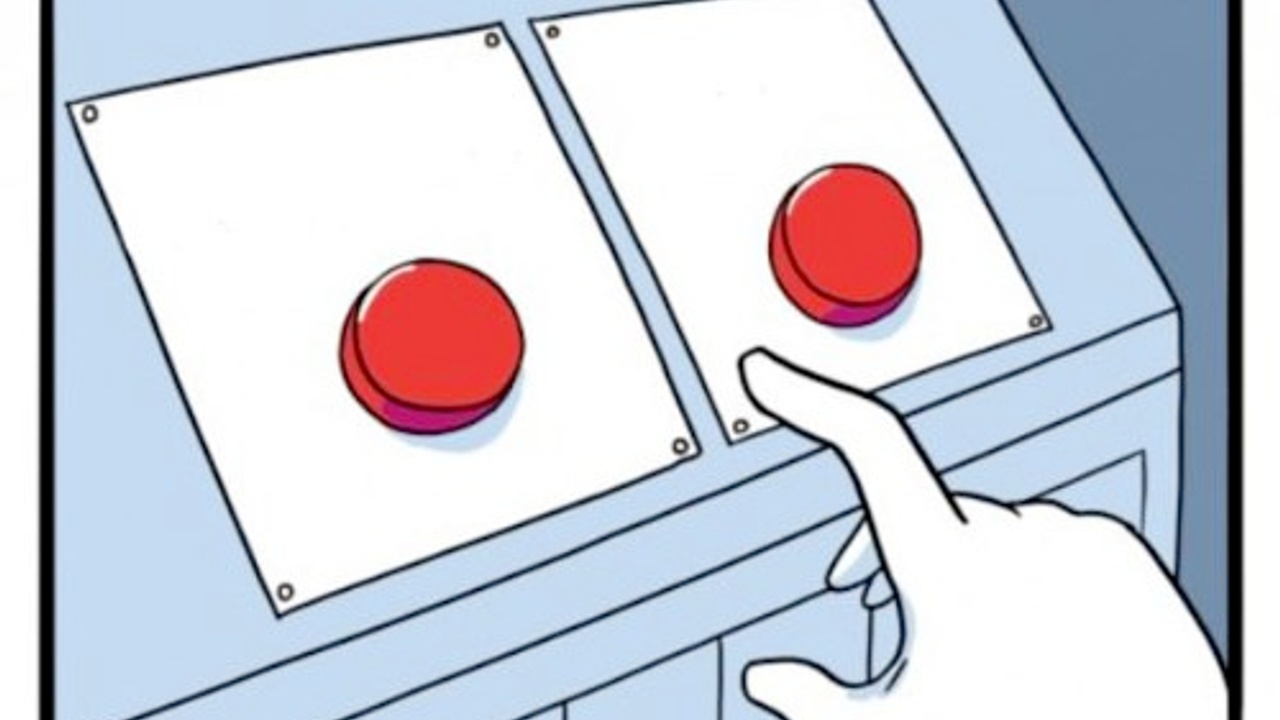What is More Important?—A Common Interview Question
Oct 31, 2022
Have you ever been asked a “What is more important?” question in a job interview? Here’s a common example:
What is more important: strategy or execution? And why?
What most candidates do is pick one option right away. Then, they basically defend that one concept very poorly. Today, I would like to share with you a few specific strategies you can use to answer these types of interview questions. Specifically, I want to focus on how to adapt the C.F.A.S. (Clarification. Framework. Assumptions. Solution.) method for this question, as well as how to utilize the power of transitions to create a better answer.
Item #1—Clarification
There’s something about these types of questions that tends to generate an immediate response without much extra thought or clarification. On the surface, it seems very straightforward. However, you cannot have full confidence in your answer without asking some clarifying questions.
For this strategy vs. execution example, I would clarify concepts such as timeline, historical data, scope and stakeholders.
Item #2—Hybrid Framework
You will want to utilize a hybrid framework for this particular question. I want you to create a framework full of concepts that support both options. Your goal is to find some middle ground right away. You can use some generic frameworks to get you started. Examples include goals, historical data, timeline, scope and scale, risk, benefits, stakeholders and KPIs.
Item #3—Assumptions
Always start off by focusing on one framework concept at a time. This allows you to dive into these assumptions without trying to solve for everything. For example, let’s say you pick goals as your primary framework concept. Then, you need to apply that to one of the options by picking either strategy or execution.
It is critical to pick a path and make a case for one of the options being presented because you need to answer the original question. Then, you want to follow up with assumptions that are role-related. This will create a very strong connectivity with your interviewer.
Item #4—After Solution Transition
I really want to focus on the transition. When you get a “What is more important?” question, the transition is going to start like normal. Then, you also have to prompt an argument for the other concept. Here’s how that might sound:
“I could take a little more time to focus on A or B as it relates to strategy. We could move onto C (a different framework concept you haven’t discussed yet). Or, we could move on and I can argue for execution.”
What this does is show your willingness to defend the first concept. At the same time, you are also willing and able to argue for the other side. It is really critical that you build this strong transition that also allows your interviewer to help guide your next response.
Next week, we will dive into the sample answer for this common interview question. Or, you can watch the full video on this topic below:
For more resources visit my website - Practice Interviews and check out our AI Practice Interview App.







